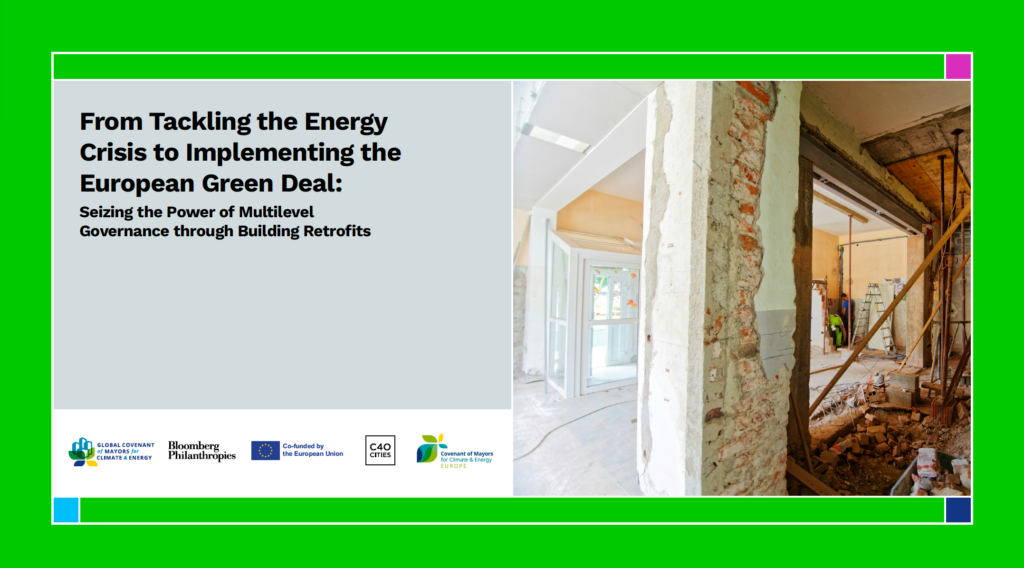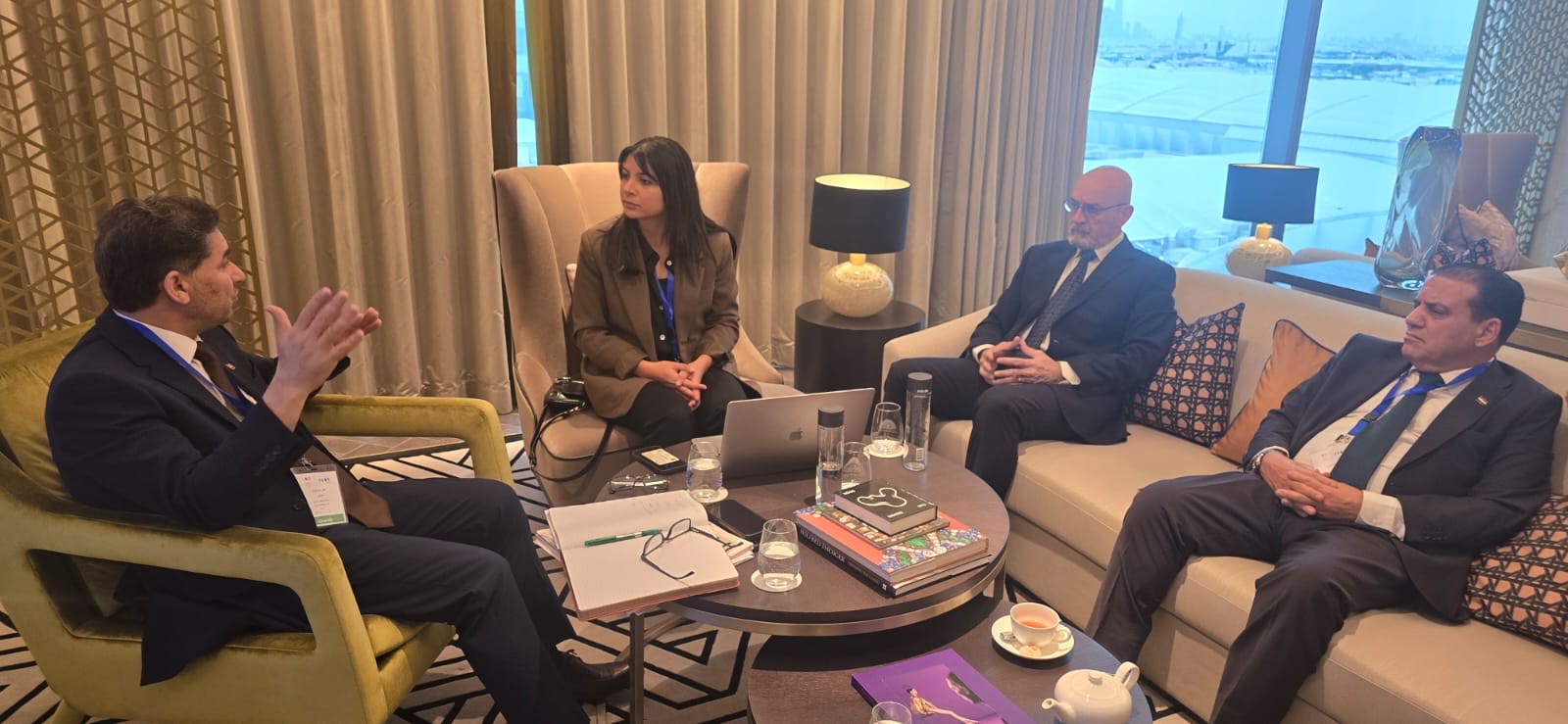Delivering the European Green Deal and the 2030 climate and energy targets is not a matter of compliance with a specific piece of legislation but an opportunity to ensure that Europe addresses many challenges at the same time, showcasing leadership towards greater climate ambition that leaves no one behind. This is especially important, taking into account that there is an increasing need for demonstrating how the just transition works on the ground. This can’t be done without the cities, which already have a track record of pioneering inclusive climate action.
The paper “From Tackling the Energy Crisis to Implementing the European Green Deal: Seizing the Power of Multilevel Governance through Building Retrofits” focuses on the building sector, as one of the key sectors to accelerate action, highlighting that cities and local governments are ready to put their experience in motion to boost home retrofits and deliver good green jobs, also when implementing the updated EU climate and energy policies. This will not only help Europe to achieve its climate goals but it will also benefit its economy and the well-being of all its residents.
Cities are at the frontline in the fight against the consequences of the multiple crises. They are confronted and provide answers to the dire consequences for residents, particularly for the most vulnerable, in relation to energy poverty, high energy bills and the most devastating impacts of the climate crisis. They hold the unique local knowledge, which is essential for accelerating climate action and the just energy transition.
However, they still require the right level of support to proceed fast with the investments needed. Therefore, it is critical they directly and easily access funds and technical assistance as well as have adequate capacity to scale up retrofits and renewable energy projects and ensure the most vulnerable are protected and engaged in the process. Furthermore, intensifying coordinated partnerships and high-level political dialogues between European institutions, national and local governments can leverage the power of the cities to ensure that the benefits of the energy transition are shared among residents in an equitable way.
The report compliments the fruitful discussions that took place during the event “A New Era for the European Renovation Wave” held on 20 March 2024. This event brought together mayors, deputy mayors, business associations, European Union (EU) policymakers, and key stakeholders to reflect on the challenges and opportunities related to building renovations, following the update of the European climate and energy legislation.


